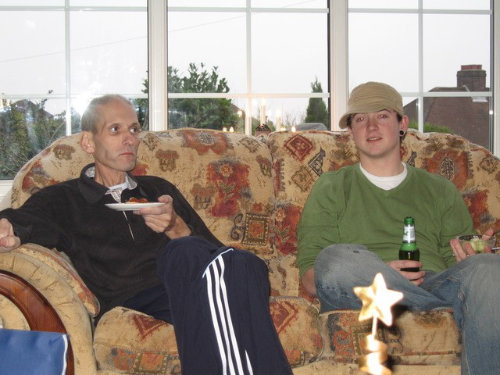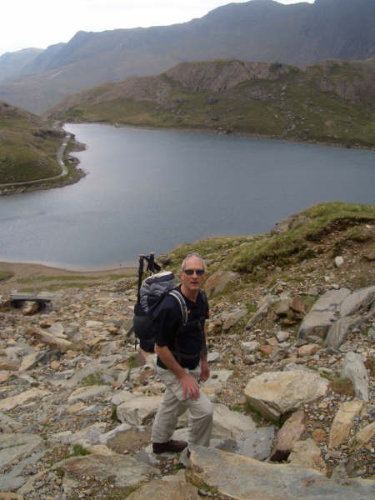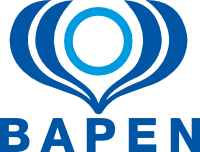
Aged thirty-eight, I was on a business trip in Hawaii when I contracted a parasite from fish I had eaten at a beach function. This parasite caused severe health complications that culminated in a drastic surgery in 2006. Over a period of six months and a few operations, I was placed in an induced coma for a week followed by 16 weeks on a surgical ward. While in hospital, my weight dropped from fifteen stone to a mere seven stone, a frightening weight loss that shows how serious my condition had become. As part of the surgeries, all of my intestines were removed, and I was told about total parenteral nutrition (TPN) for the first time – a form of artificial nutrition which would save my life.
Due to the fog of recovery, I don’t recall how much information was given to me about TPN immediately. I was given a couple weeks of training by nurses and discharged to continue my new normal at home. Initially, the thought of managing this intricate form of artificial nutrition at home by myself was petrifying. On the first night, the pump alarm went off, which made me very anxious that something had gone wrong and I felt very alone. It took me a few weeks to get the hang of and not worry about something going wrong, but eventually I settled into a routine.

Before this, I led a very active life. I had run the London marathon, done the Three Peaks Challenge, and walked the Great Wall of China. The introduction of artificial nutrition was a significant adjustment, but it hasn’t diminished my life. In fact, TPN has enabled me to continue living fully. I was self-employed at the time, and integrating TPN into my work life was manageable. Although my travel habits have changed slightly – requiring more organisation and planning – my ability to travel remains intact, as does my passion! I simply enjoy different kinds of holidays now.

TPN has allowed me to maintain my independence and continue doing the things I love.
Don’t get me wrong, I would love to be able to do certain activities – such as playing in the pool with my grandkids – but over time, I’ve come to accept TPN as both a normal and integral part of my daily routine. It may have slowed me down in ways, but it’s no longer a source of fear. I would encourage anyone facing a similar situation to seek out others who have gone through it, and listen to any advice or experiences they’re willing to share. Talking it through and asking questions, no matter how trivial they might seem, can provide invaluable support. No question is stupid!
My clinic over the past twenty years has been nothing short of fantastic. They have been incredibly supportive, and anytime I encounter an issue, which is rare, they are just a phone call away and ready to help. Sometimes I have questions where I don’t know if my health has changed because I’m getting older, or because of my TPN. They’re on-hand to advise and provide me with the support I need.

TPN has allowed me to maintain my independence and continue doing the things I love. It has not defined my life, but rather, it has enabled me to live it fully. If you or someone you know is starting out on this journey, remember that while it may be daunting at first, it gets easier. Routine sets in, and life does go on. My first consultant told my family that I would have 3-5 years left to live – and that was 18 years ago. I adopt a mindset of always looking forward to being at the next big family event, birthdays, weddings etc. At that time, my aim was to see my kids get married. My next goal is to teach my granddaughter to drive – she’s currently two!
I share my story in hopes of encouraging others to open up about their experiences with artificial nutrition. It’s through sharing our stories that we find strength, support, and a sense of community. So, don’t be afraid to reach out, ask questions, and connect with others.


